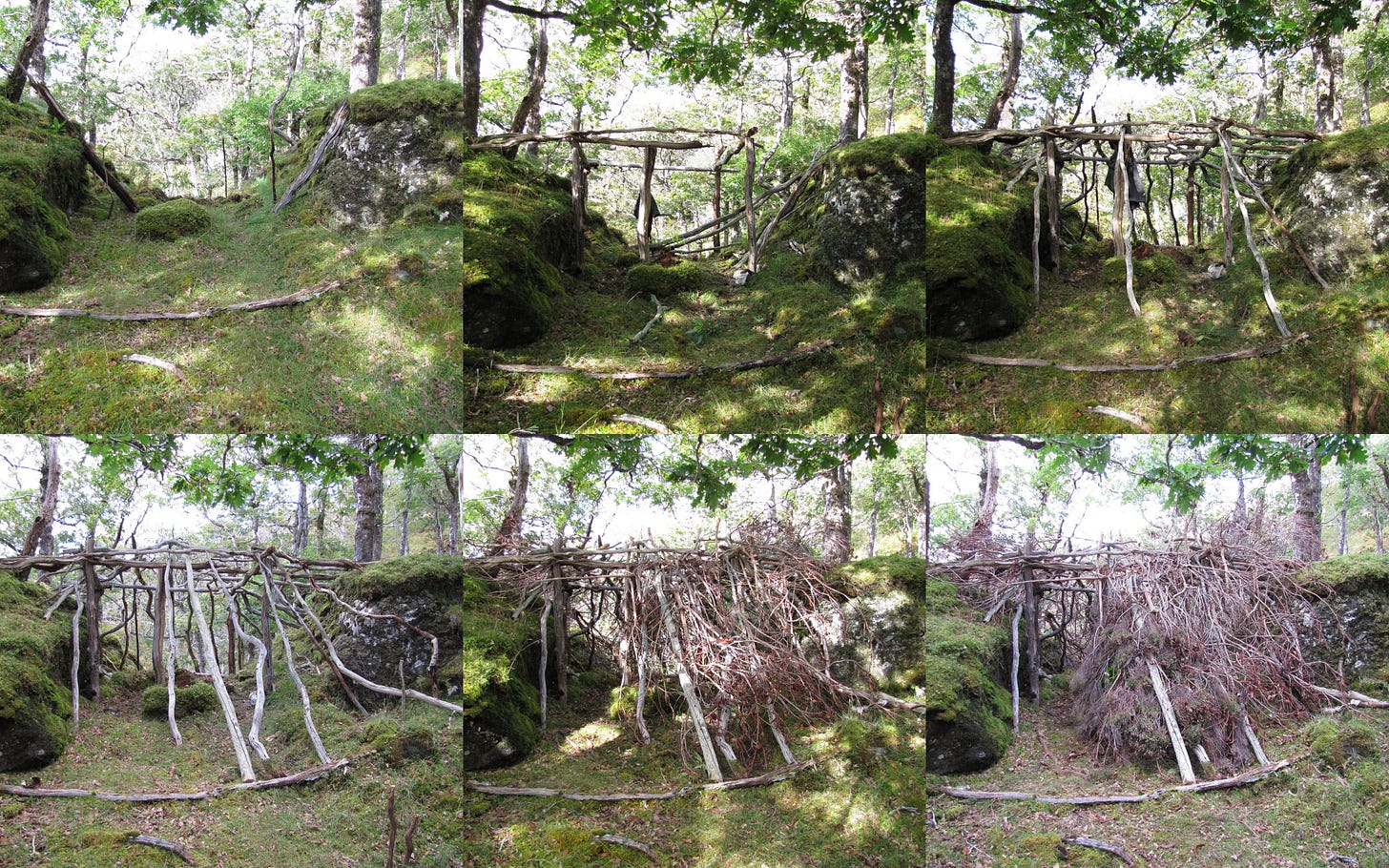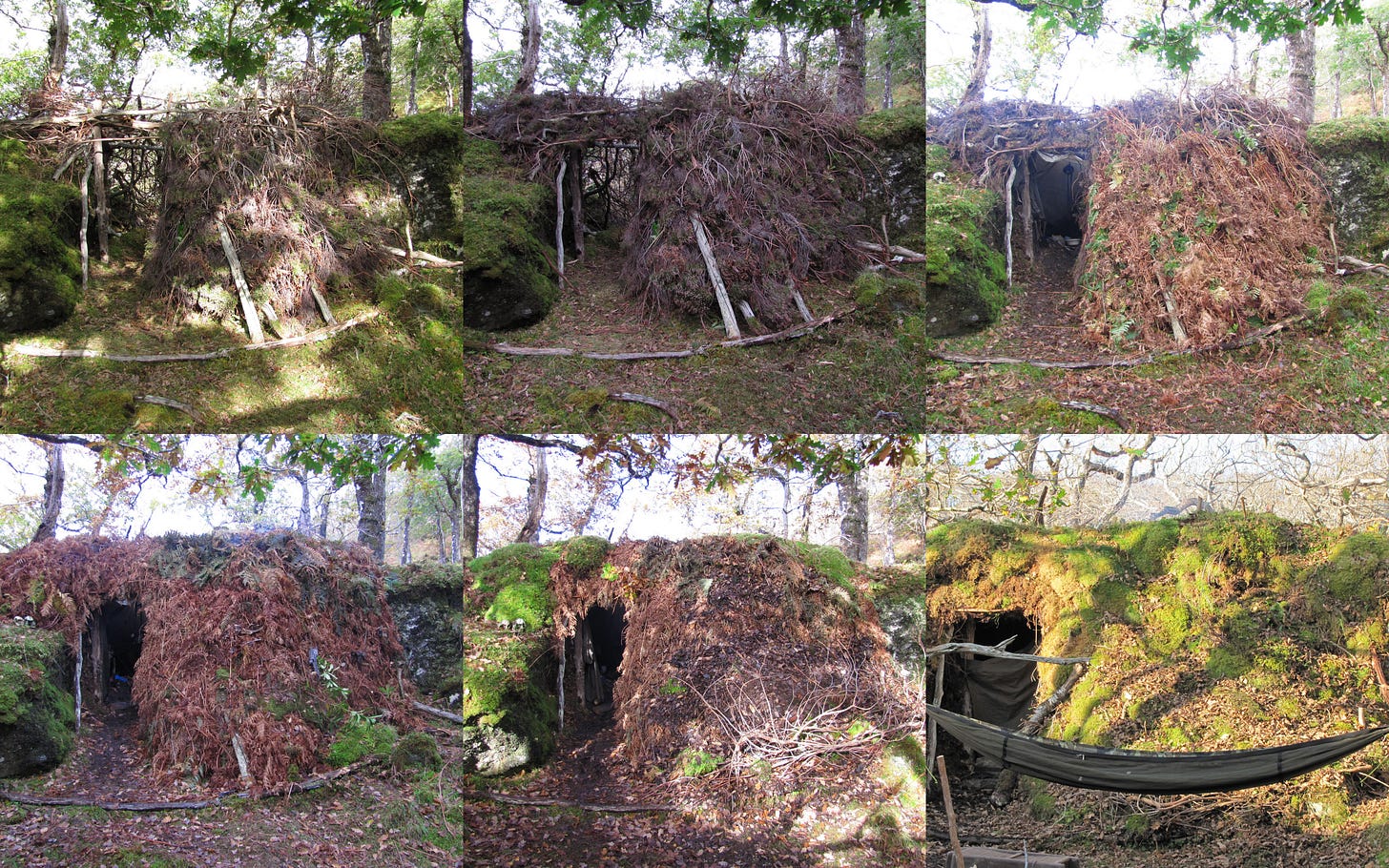Today is the birthdate of both my sister and my belle-mère. When I was out in the woods, back in 2010, I had already considered the notion of ghost dates, those points on the calendar which once meant something. Perhaps the birthday of a friend you are no longer in touch with, or an anniversary with a partner from whom you’ve since separated.
There is a section in my journal from this week, fourteen years ago, about this, about collecting ghost dates from the past but, strangely, I never considered the idea of future ghost dates. Seeing as this premise lays behind arguably the second most famous Christmas tale of all time, the idea of ghosts of the future was not one I thought of.
I wonder how many more dates will become important in my life, dates I cannot predict, replacing those which slowly fade from memory.
The longer I stayed in the woods, the deeper my thinking went, as though I was rid of the background noise society brings, allowing me to process and work on subjects beyond those I had previously investigated, buried deeper and drowned out.
This week was not all good, however. I was sick, very sick, and at the start of the week, it was touch and go as to whether I would need to leave.
My shelter was pretty much complete by this point of my adventure, at least on the outside.
If you have no idea what this message is about (perhaps you signed up to my mailing list as a part of a book giveaway?), or why you are receiving it, head to this introductory piece, which also contains a chapter listing, with links. Below is the ninth week of A Fall In Time.



